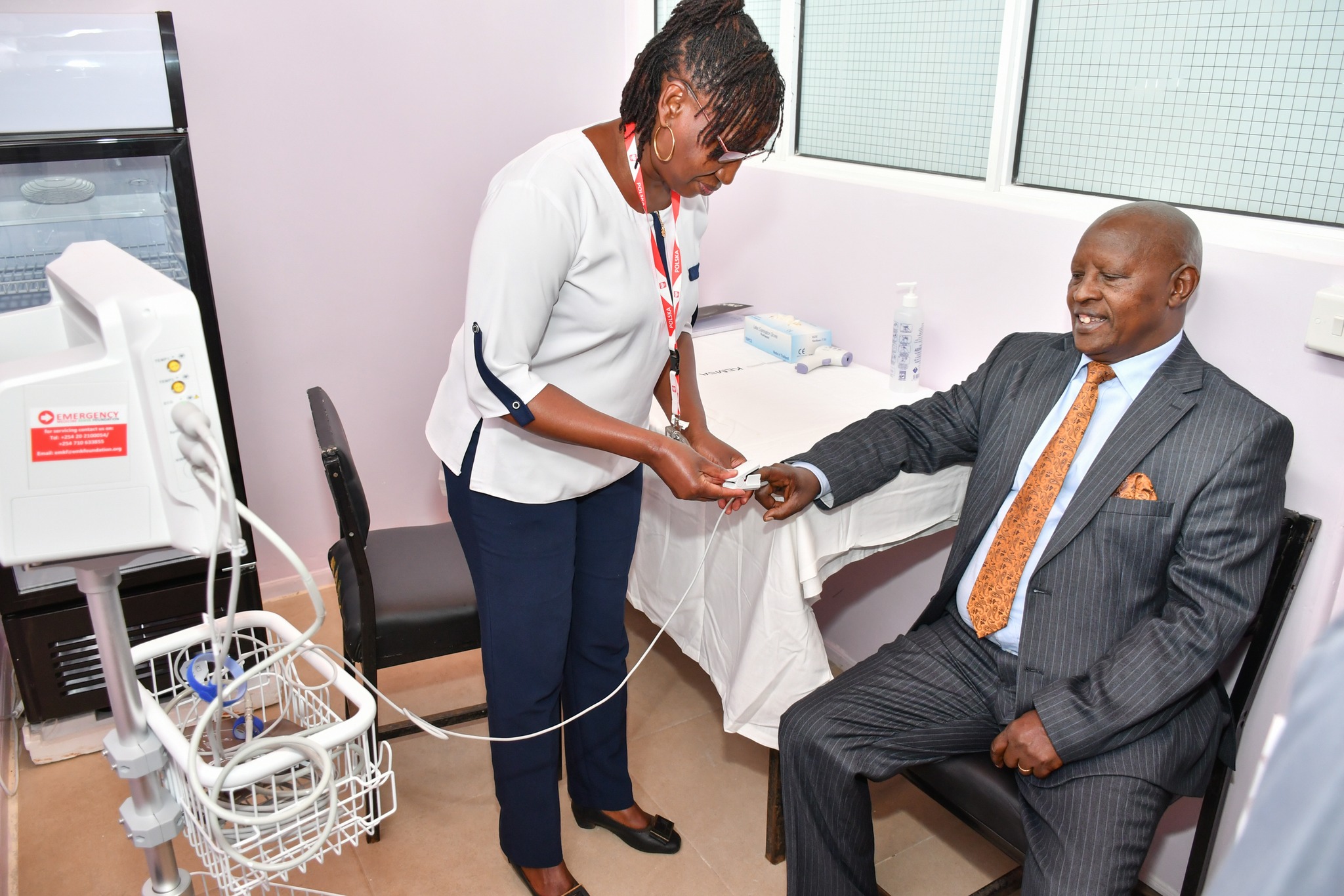
SHIF: Members Registration as of November 28, 2024
Registration overview.
The Council says delays in releasing funds has made it impossible for counties to offer services
In Summary

The vice chairperson of the Council of Governors, Mutahi Kahiga,
has asked the Social Health Insurance Fund (SHIF) to release arrears owed to
public health facilities.
Kahiga has said the huge amounts owed by the government is
incapacitating public health facilities that he said shoulder the burden of
offering medical services to over 80 percent of Kenyans.
Kahiga, who is also Nyeri Governor, cited Nyeri referral hospital
that he said is owed more than Sh270 million by last week.
Delays in releasing the funds, he said, has made it
impossible for county governments to provide sufficient drugs and other material
necessary for treatment.
“We understand that SHIF is in the formational stage and is slowly
trying to find its footing but we urge its management to prioritize public
facilities whenever funds are available because we carry the bulk of the burden”.
He said even with the shortage of funds, the government
should put in place affirmative action to ensure public facilities are paid to
help them continue with their operations.
In August, governors called on the state to release over Sh8
billion owed to public health facilities before the transition from NHIF.
In October, however, President William Ruto announced that
his administration would release Sh3 billion to clear the arrears.
“That money would have helped us to buy drugs, and when we
keep encountering such delays, it presents major challenges,” governor Kahiga
said.
He said despite counties shouldering the burden of providing
universal health care to Kenyans, SHIF seems to be prioritizing private
facilities when paying for claims.
He said public facilities are closer to people in the
grassroots and offer cheaper services, making them more attractive to Kenyans.
The governor, however, appealed to Nyeri residents to register
as members, saying each member is allocated Sh900 that would go a long way
towards bettering health services in level two and three facilities.
He spoke during the commissioning of the newly renovated emergency
and casualty ward at the Nyeri referral hospital that has been expanded to
accommodate 13 beds.
“The ward now has monitors and other emergency equipment
fitted and will now have reduced congestion. Even the nursing station has been modernized,”
he said.
The ward was renovated with the partnership of the Polish
government and the Emergency Medicine Kenya foundation.
He lauded medical workers for offering quality services
despite facing a staff shortage that has seen them working long hours.
“Currently, the facility’s staffing is at 45 percent as opposed
to the normal 60 to 70 percent which translates into long hours and tedious
work”.
He said his administration has recruited about 300 nurses
this year and pledged to recruit more health workers once funds are available.
Pawel Pijenoski, head of the Polish
Developmental Co-operation in the Polish embassy, said similar projects
have been implemented in other parts of the country partnership with NGOs.
The Polish government, he said, has helped establish a
maternal care centre in Vihiga and many other emergency wards across Kenya.
“These projects have
been supported by ministry of foreign affairs of Poland together with partners with
USD283,000,” he said.
“Emergency medicine is a crucial part of medical care. Such projects are good investments as they save a lot of resources that could be spent on treating patients who did not receive proper emergency care in the first place”.

Registration overview.